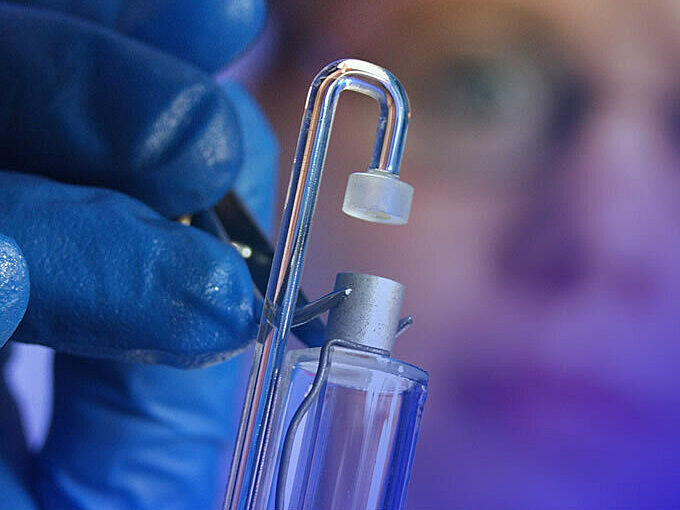Thermal Analysis Services
We use state-of-the-art thermal analysis instruments to determine the thermal and thermomechanical properties of a wide variety of materials to characterise composition, verify material properties, assess fitness for applications, troubleshoot production issues, qualify processing changes, identify the differences between materials and perform failure analysis.

We offer Thermo-Gravimetric Analysis (TGA), Thermo-Mechanical Analysis (TMA), and Differential Scanning Calorimetry (DSC).
Thermal analyses are used to determine melting points, crystallinity, coefficients of thermal expansion, glass transitions, solidus-liquidus, and specific heat of various materials.
The Simultaneous TGA and DSC (SDT) Q600 provides simultaneous measurement of weight change (TGA) and differential heat flow (DSC) from ambient to 1500°C. It is particularly useful for the determination of filler content in plastics, rubbers and coatings, solidus and liquidus in metals, braze or solder melting properties, moisture content, thermal decomposition temperatures, cure reactions and other important material properties.
The Thermo-Mechanical Analyser (TMA) is useful for measuring dimensional changes under conditions of controlled temperature, atmosphere, time and force. This instrument can run experiments from -150°C to 1000°C. Force can be applied in flexure, compression or tensile modes.
Materials, such as solids, coatings, foams, films, and fibres, can be characterised for expansion, penetration, compression, tension, and 3-point bending. Lucideon uses TMA to measure material properties such as linear expansion coefficient, glass transition, softening and melting behaviour, delamination, shrinkage and flexure, and to generate stress/strain information.
Standalone DSC is also available and is used for differential heat flow experiments requiring maximum precision and accuracy. DSC answers a range of questions quickly, such as melting temperature, enthalpy of melting or crystallisation, phase change in material, or isothermal kinetics.
